
 Podcasts
PodcastsCatch the latest PR news & updates with PRovoke Media's PR Podcasts. Lifting the lid on key industry stories & trends, join our listeners of PR podcasts today.
 Videos
VideosLatest video interviews and campaigns from PRovoke Media, previously known as the Holmes Report.
Long-form journalism that analyzes the issues, challenges and opportunities facing the business and practice of PR.
 Profiles & Interviews
Profiles & InterviewsExplore PR profiles and interviews with leaders from the marketing and PR worlds.
 Crisis Review
Crisis ReviewPR Crisis & Business Crisis review. PRovoke Media's annual analysis of the top reputation crises to rock the corporate sector. Read on here.
 Coronavirus
CoronavirusPRovoke Media's coverage of the Covid-19 crisis, focusing on corporate communication, public affairs & PR industry fallout.
 Trend Forecasts
Trend ForecastsPRovoke Media's PR Trends round up. PRovoke Media's annual forecast of PR trends and news that will impact the PR world in the year ahead...
 Social & Digital
Social & DigitalDedicated to exploring the new frontiers of PR as it dives deeper into social media, content and analytics.
 Technology
TechnologyOur coverage of key technology PR trends and challenges from around the world of digital communications.
 Consumer
ConsumerFrom brand marketing to conscious consumerism, coverage of key marketing and PR trends worldwide.
 Employee Engagement
Employee EngagementPRovoke Media's coverage, analysis and news around the rapidly-shifting area of employee engagement and internal communications.
 Sports Marketing
Sports Marketing Sports PR news, diversity & inclusion trends, views and analysis from PRovoke Media. Subscribe today for the very latest in the world of sports communications.
 Global PR Agency Rankings
Global PR Agency RankingsPRovoke Media's definitive global benchmark of global PR agency size and growth.
Enter PRovoke Media's 2024 Global 250 Agency Ranking and/or our Agencies of the Year competitions now.
 Agencies of the Year
Agencies of the YearPRovoke Media's annual selections for PR Agencies of the Year, across all of the world's major markets.
 Innovator 25
Innovator 25PRovoke Media profiles marcomms innovators from across North America, EMEA and Asia-Pac.
 Creativity in PR
Creativity in PRIn-depth annual research into the PR industry's efforts to raise creative standards.
 Asia-Pacific Communication Index
Asia-Pacific Communication IndexAPACD/Ruder Finn annual study of Asia-Pacific in-house communications professionals.
 SABRE Awards
SABRE AwardsThe world's biggest PR awards programme, dedicated to benchmarking the best PR work from across the globe.
 PRovokeSummit Global
PRovokeSummit GlobalThe biggest PR conference of the year, a high-level forum designed to address the critical issues that matter most.
 PRovoke Media Regional Series
PRovoke Media Regional SeriesA global network of conferences that explore the innovation and disruption that is redefining public relations.
 Agencies of the Year
Agencies of the YearUnrivalled insight into the world's best PR agencies, across specialist and geographic categories.
 Roundtables
RoundtablesOur Roundtables bring together in-house comms leaders with PR firms to examine the future of communications.
 Agency Playbook
Agency PlaybookThe PR industry’s most comprehensive listing of firms from every region and specialty
.jpg) All Jobs
All JobsFind the latest global PR and communications jobs from PRovoke Media. From internships to account executives or directors. See all our PR jobs here.
PRovoke Media's editorial series published in collaboration with partners.
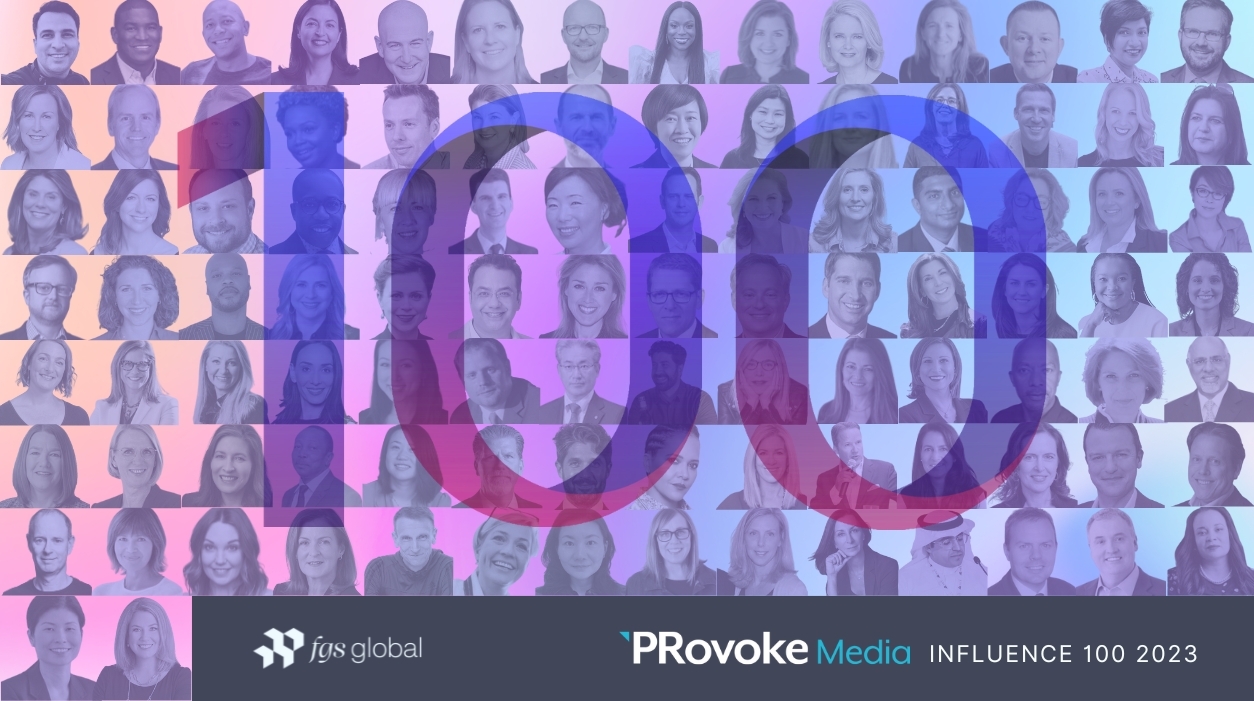
Out of the Influence 100’s list of nominees for best communicator among world leaders this year, Ukraine’s president Volodymyr Zelenkskyy again came out head and shoulders above anyone else, having consolidated his status as a hero in leadership and communications terms as Russia’s invasion stretched into a second year.
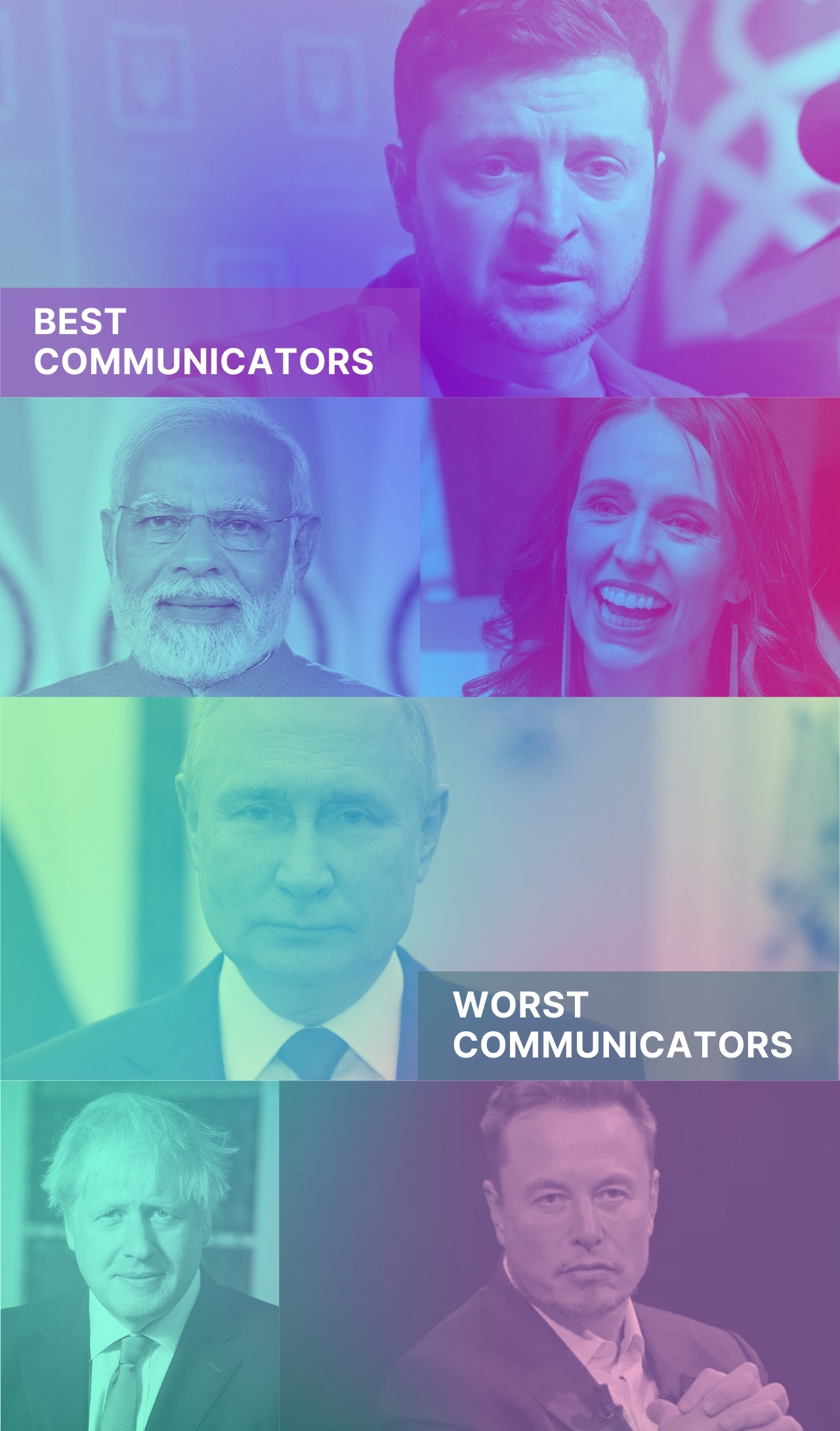
Despite announcing in January that she was stepping down, New Zealand’s prime minister Jacinda Ardern again received multiple nominations for second place – the same as last year, after three years running in the top spot. The only other leader who received multiple mentions was Indian prime minister Narendra Modi, who, like Zelenkskyy and Ardern, never misses a moment to communicate directly with people.
The short list of other nominations for best communicator among world leaders included French president Emmanuel Macron, US president Joe Biden and German chancellor Olaf Scholz — all of whom were also nominated for worst communicator. Others mentioned were a selection of high-profile European leaders: European Commission president Ursula von der Leyen, NATO secretary general Jens Stoltenberg and Christine Lagarde, president of the European Central Bank.
On the list of the worst communicators among the world’s leaders, Russia’s president Vladimir Putin was in undisputed first place, miles ahead of other nominees. In joint second place were former UK prime minister Boris Johnson – who continues to make contentious waves despite having been dethroned – and Elon Musk, the only business leader on the list, whose handling of his Twitter takeover has endeared him to few critical observers.
Former US president Donald Trump also received multiple nominations for worst communicator – like Johnson, a former leader whose presence still lingers. Other nominees included current UK prime minister Rishi Sunak, who has so far notably escaped the furore surrounding his predecessor Johnson. Interestingly, the brief but explosive era of Liz Truss – who during her six-week tenure as British PM between Johnson and Sunak managed to deliver a finance statement that caused market chaos – has made little dent on global consciousness, as she wasn’t mentioned.
China’s leader, Xi Jingpeng, was again nominated for the worst communicator list, as was Turkey’s president Recep Tayyip Erdogan, and South African president Cyril Ramaphosa.
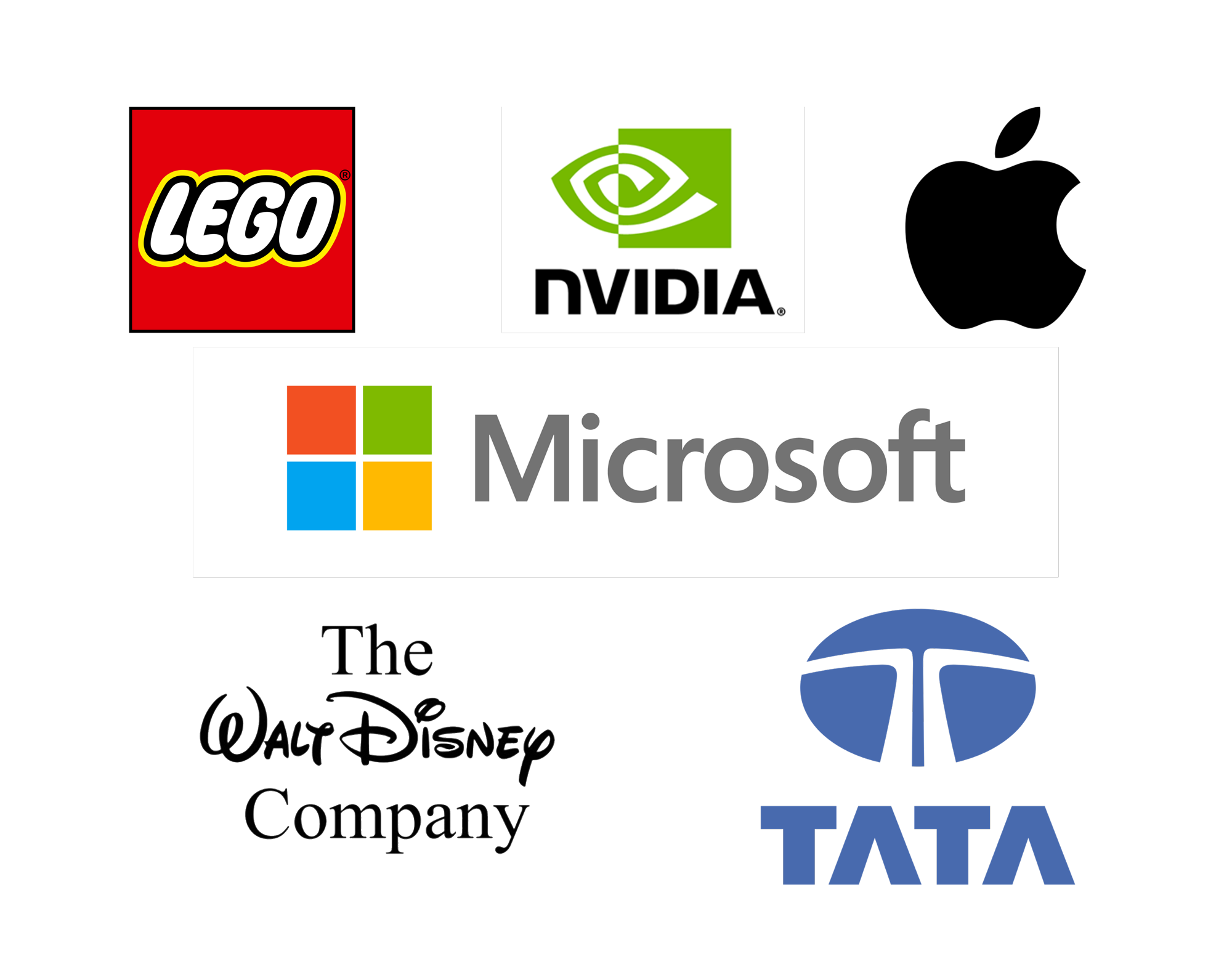
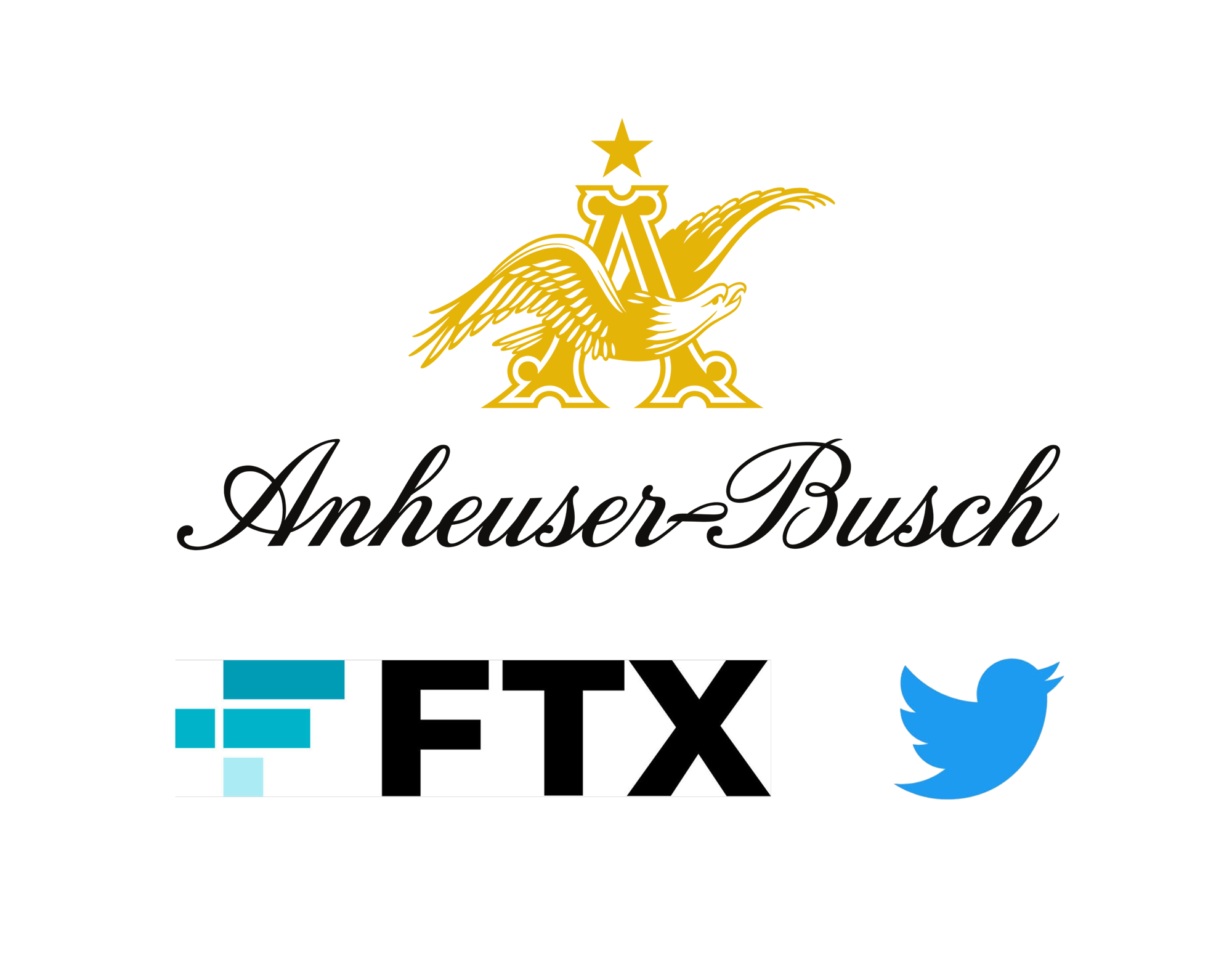
We asked our influencers to name the companies they think have best managed their brand communications and corporate reputation over the past year. Unlike previous years, there was no stand-out winner here: there were an equal number of multiple mentions for Microsoft (which last year was far ahead of any other brand), Disney, Apple, Nvidia, Lego and Tata Group. It’s worth noting that Disney and Lego were also nominated, at a lower level, for the worst brand communications and reputation management list.
There were also positive namechecks for Pfizer (still in the running although nowhere near the number of nominations as in the heady days of its Covid vaccine rollout), Mercedes-Benz, Allianz, Rolex, L’Oreal, Gucci, JP Morgan, Mars, GM and Stellantis.
Notably absent from the nominations for best reputation management this year were a number of companies who have been perennial presences on the list, including Google, McDonald’s, Nike, Salesforce, Amazon, Mastercard, Patagonia and Airbnb.
Twitter, hitherto a regular on the best brand communications list, not only had no nominations, but switched to the other side: unsurprisingly, given the tumultuous change in ownership, it was in joint first place on the list of the companies who our Influence 100 think have managed their reputations least effectively over the past year; Elon Musk may yet come to reflect on the reputational impact of refusing to invest in PR counsel.
In joint first place with Twitter (or in second place, if you count the votes for Tesla alongside Twitter, given they have the same leadership) was brewer Anheuser-Busch, whose handling of the Bud Light trans influencer drama has been judged and found wanting by its peers. In third place was cryptocurrency exchange FTX, which collapsed swiftly in November 2022 following a report by CoinDesk highlighting leverage and solvency concerns.
These three names gave Meta/Facebook some breathing space, after the social media giant was top of this list for the previous four years; it was still mentioned, however, along with Silicon Valley Bank – the collapse of which in March was the third largest bank failure in US history – as well as Vedanta, Credit Suisse, and Balenciaga, which faced a backlash over its questionable advertising campaigns featuring bondage gear and children.
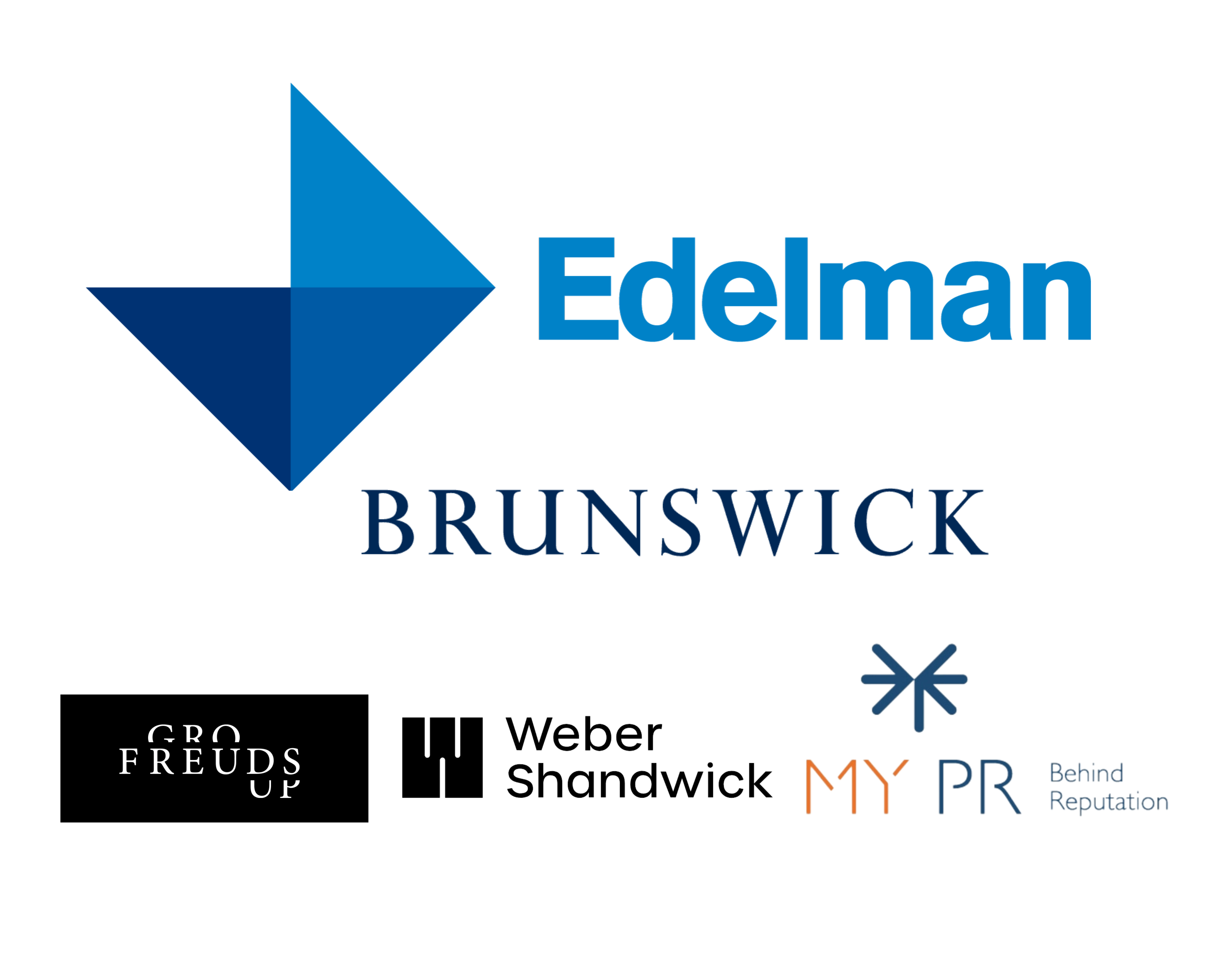
Edelman was in unequivocal top spot for the fourth year running; it was temporarily knocked off by Weber Shandwick in 2019 after a six-year straight run of being the most frequently-cited public relations agency when our Influence 100 were asked which firm they most admired.
Coming in second place, as last year, was strategic comms powerhouse Brunswick, which regularly shows up in the top five mentions. The only other agencies to get multiple mentions were Italy’s MY PR, Weber Shandwick and Freuds.
There were also namechecks for other agencies of all sizes around the world, from networks to specialists, including: FGS Global, Zeno, Adfactors in India, Teneo, MSL, Comin & Partners in Italy, M&C Saatchi PR, South Africa’s Razor, Milltown Partners in the US, Singapore-based Redhill, IPG’s entertainment and culture specialist PMK BNC, and UK agencies Headland and Tancredi Group.
As well as asking our Influence 100 which agencies they admire, we asked them to think about the future of agencies, and the biggest challenges and need for change they see for PR agencies, from their in-house perspective.
There is much insight for agencies here as to what their clients are expecting from them now and in the future: many of the – often frank – responses focused on AI and other advances in technology, creativity, talent, diversity, proving return on investment, and agility.
“The business model of big and everywhere is hard for them. Talent expectations on location of work, type of work and who to work for will push some to breaking point.”
“The impact of AI on copywriting, blurring of lines with creative and digital agencies, declining quantum of earned media versus PSO media.”
“More remote teams are a challenge to induct, and foster creativity and team spirit.”
“Continuing to link user-generated content and traditional media relations into a shared narrative.”
“PR agencies should continue evolving to meet client demands. They must be agile, creative, inclusive, and forward-thinking to thrive in an evolving industry that’s transforming at an unprecedented pace.”
“In the future, PR agencies may need to offer more integrated services that encompass marketing, advertising, and other communications disciplines. Integrated campaigns through integrated teams can ensure a more comprehensive and seamless experience for clients. Moreover, data analytics, content creation, inclusion and diversity, and ESG.”
“PR agencies should be getting ahead of the AI curve to help clients understand how they can use it successfully to redefine the work of PR, become more efficient, and also to reskill and redeploy resources accordingly.”
“Redesigning their business and operating models to support brand expectations for speed, agility, and creative heft.”
“Better ways to show value and ROI to clients, which involves better monitoring and measurement.”
“Unless they have huge talent (unique ideas people), they become factories for global execution, which makes them vulnerable to learned machines.”
“AI and other comms tech will continue to be disruptors for the industry. Agencies need to stay apace with these changes to capitalize on the wins this may bring to stay competitive, improve productivity and augment their value offering.”
“With the changing geopolitical, social and market dynamics, PR agencies that can provide strategic council on how to navigate these dynamics through PR will remain highly sought after.”
“PR agencies are likely to undergo significant changes in response to emerging trends and advancements in technology. They will need to develop competencies in utilizing AI and automation tools. As the metaverse concept evolves, PR agencies will need to understand its implications for communication and engagement. With new technologies and platforms constantly emerging, the rules of engagement between brands, consumers, and the media will continue to evolve. The increasing availability of data and analytics will drive PR agencies to adopt a more data-driven approach. The demand for purpose-driven communication will continue to grow.”
“Finding their USP. Aligning to organisations’ agile approach and structure.”
“Company prioritization and efficiency will likely reduce some budgets for critical work, some of which may be supported by agencies.”
“I really hope we start seeing more diversity on teams. It's challenging to look to agencies as key partners during a time when we are confronting an extreme amount of social issues and don't have strategic partners who can represent broader views.”
“The requirement to truly master digital campaigning.”
“Remuneration based on success fees linked to key milestones.”
“More specialization, less general athletes.”
“New technologies making their mark felt, client expectations going northwards, crunch of talent and a great prevalence of cost wars are just some of the issues plaguing the PR agencies. But these challenges are also a great opportunity for them to adapt well to the new technologies viz. generative AI for their mundane tasks and up their strategic counselling game to become better partners for the clients.”

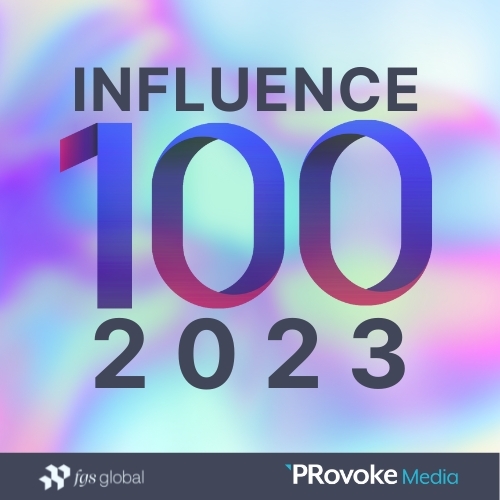
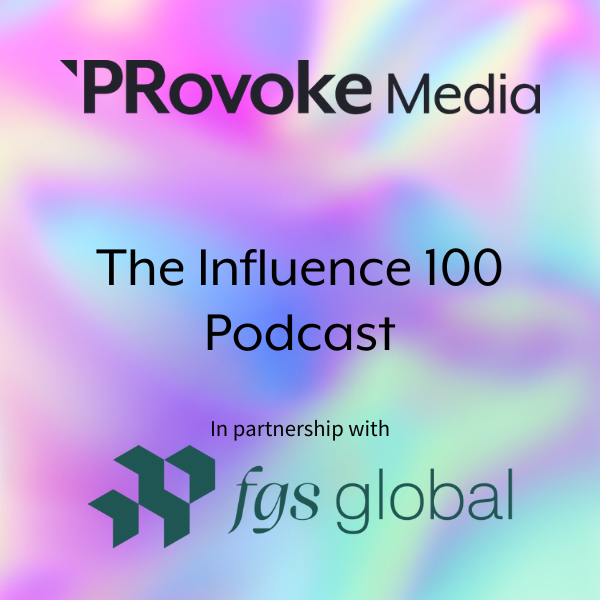

Intelligence and insight from across the PR world.
About PRovoke Media Contact Us Privacy & Cookie PolicyWe feel that the views of the reader are as important as the views of the writer. Please contact us at [email protected]
Signup For Our Newsletter Media Kits/Editorial Calendar Jobs Postings A-Z News Sitemap© Holmes Report LLC 2024